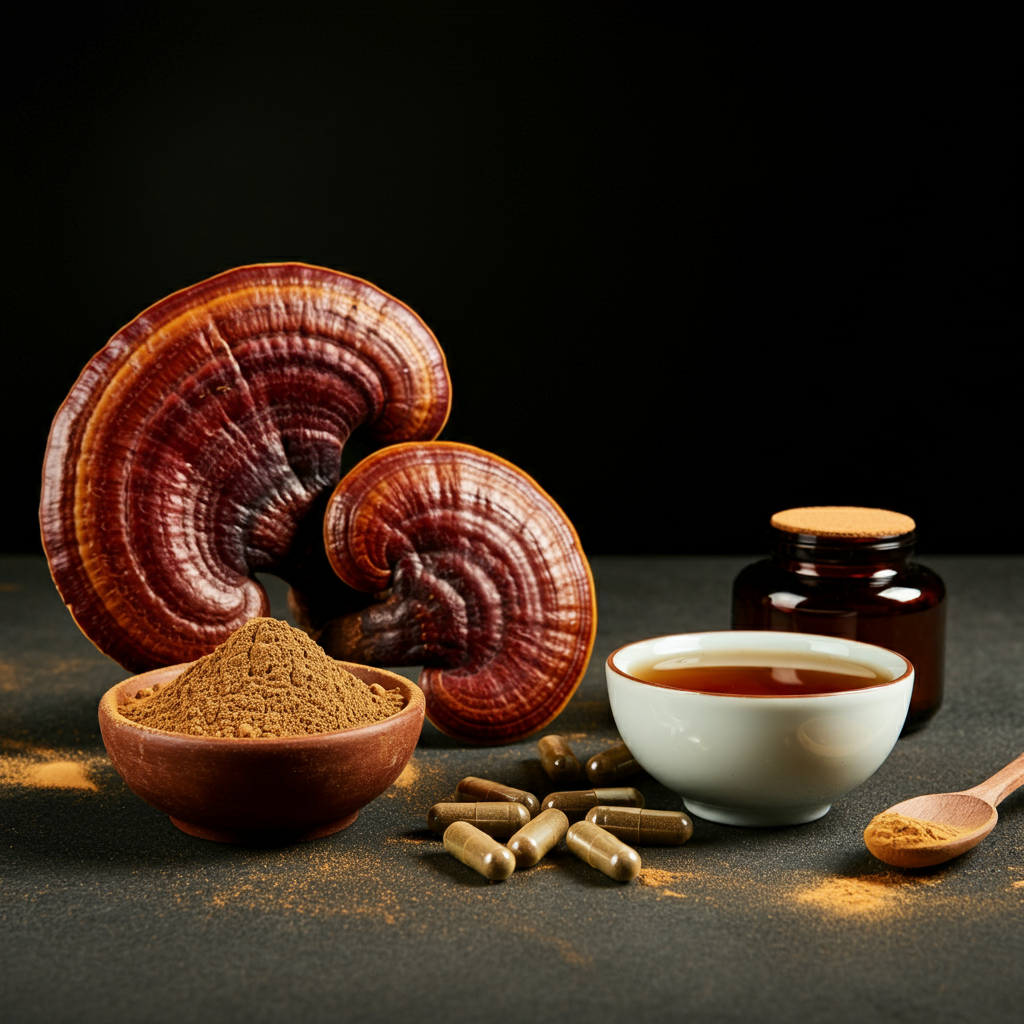Cordyceps militaris Improves Tolerance to High-Intensity Exercise After Acute and Chronic Supplementation
Authors: Katie R. Hirsch, Abbie E. Smith-Ryan, Erica J. Roelofs, Eric T. Trexler, & Meredith G. Mock
Journal: Journal of Dietary Supplements
Study Design: Randomized, repeated measures, double-blind, placebo-controlled design
Participants: 28 recreationally active adults (16 males, 12 females) between the ages of 18 and 35 years
Intervention: The participants were divided into two groups and received the following interventions:
- Mushroom Group (MR): 4 g/day of a mushroom blend containing Cordyceps militaris for 1 week (Phase I), with 10 volunteers continuing for an additional 2 weeks (Phase II)
- Placebo Group (PL): 4 g/day of maltodextrin for 1 week (Phase I), with 4 volunteers continuing for an additional 2 weeks (Phase II)
Outcome Measures:
- Maximal oxygen consumption (VO2max)
- Time to exhaustion (TTE)
- Ventilatory threshold (VT)
- Relative peak power output (RPP)
- Average power output (AvgP)
- Percent drop in power output (%drop)
Summary: The study aimed to investigate the effects of acute and chronic supplementation with a mushroom blend containing Cordyceps militaris on high-intensity exercise performance. The results showed that one week of supplementation did not lead to significant improvements in any of the measured performance outcomes. However, after three weeks of supplementation, the mushroom group experienced significant improvements in VO2max, TTE, and VT, suggesting potential benefits for aerobic performance. Additionally, the mushroom group showed a significant increase in RPP after three weeks, indicating potential benefits for anaerobic performance as well. The study concluded that while acute supplementation may have minimal effects, chronic supplementation with Cordyceps militaris may improve tolerance to high-intensity exercise and enhance both aerobic and anaerobic performance.

No responses yet